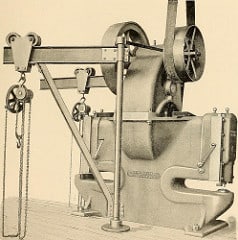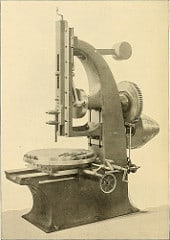
 Why Would You Do a Parts Count Prediction?
Why Would You Do a Parts Count Prediction?
Is there any useful result from a parts count prediction?
In most cases that I’ve seen parts count predictions used they are absolutely worthless. Worse, is the folks receiving the results believe they are accurate estimates of reliability performance (or at least use the results as such).
In my opinion, the range of parts count prediction methods and databases harm the field of reliability engineering.
We need to call out the poor results, promote better practices, and stop the vapid use of such a poorly understood tool. [Read more…]
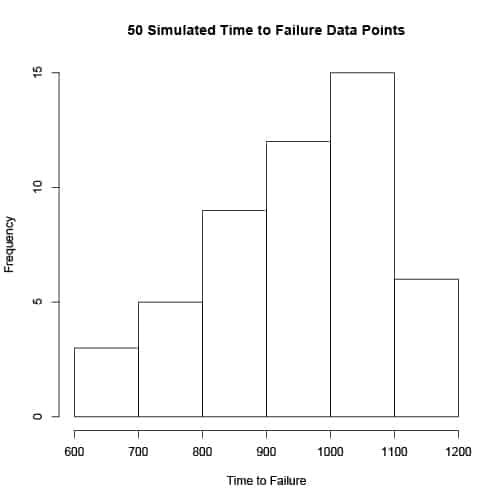
 MTBF is Just the Mean, Right?
MTBF is Just the Mean, Right?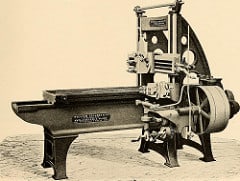




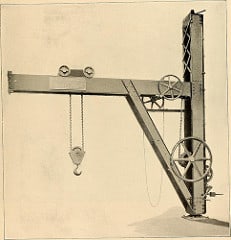


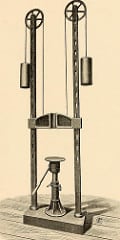
 Two people have shaped how I guess an answer.
Two people have shaped how I guess an answer.